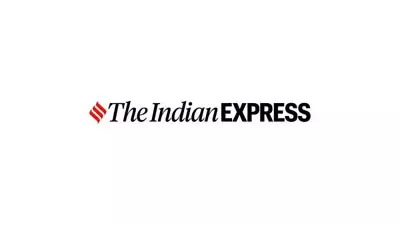
In a significant move to enhance accountability and transparency in digital governance, the Indian government has introduced sweeping changes to the Information Technology Rules, 2021. The revised regulations now mandate that all content removal decisions on social media platforms must receive explicit approval from senior-level executives within companies.
Key Changes in the Revised IT Framework
The updated rules represent a major shift in how digital platforms operating in India must handle content moderation and user complaints. The most notable changes include:
- Senior-Level Authorization: All content takedown decisions now require approval from high-ranking company officials, ensuring greater accountability in moderation processes
- Strict 72-Hour Deadline: Platforms must act on user complaints within 72 hours, significantly faster than previous timelines
- Enhanced Grievance Appellate Committees: Strengthened appellate mechanisms provide users with robust recourse options for disputed decisions
- Transparency Mandate: Companies must maintain detailed records of all content removal actions and their justifications
Impact on Digital Platforms and Users
The new regulations fundamentally change the relationship between social media giants, users, and regulatory authorities. By requiring senior executive sign-off on content removals, the government aims to prevent arbitrary takedowns and ensure that each decision receives proper scrutiny at the highest organizational levels.
"This move represents a balancing act between protecting free expression and ensuring platforms remain accountable to Indian laws and user rights," explains a government official familiar with the changes.
Government's Vision for Digital India
The updated IT Rules align with the broader Digital India initiative, focusing on creating a more transparent and user-friendly digital ecosystem. The establishment of Grievance Appellate Committees (GACs) provides Indian internet users with a formal mechanism to challenge platform decisions they believe are unfair or arbitrary.
Industry experts suggest these changes could set a new global standard for digital platform regulation, with India taking a leadership position in establishing clear, transparent processes for content moderation that protect both user rights and platform responsibilities.
The implementation of these rules is expected to begin immediately, with digital platforms given a brief transition period to adapt their internal processes and compliance mechanisms to meet the new requirements.





